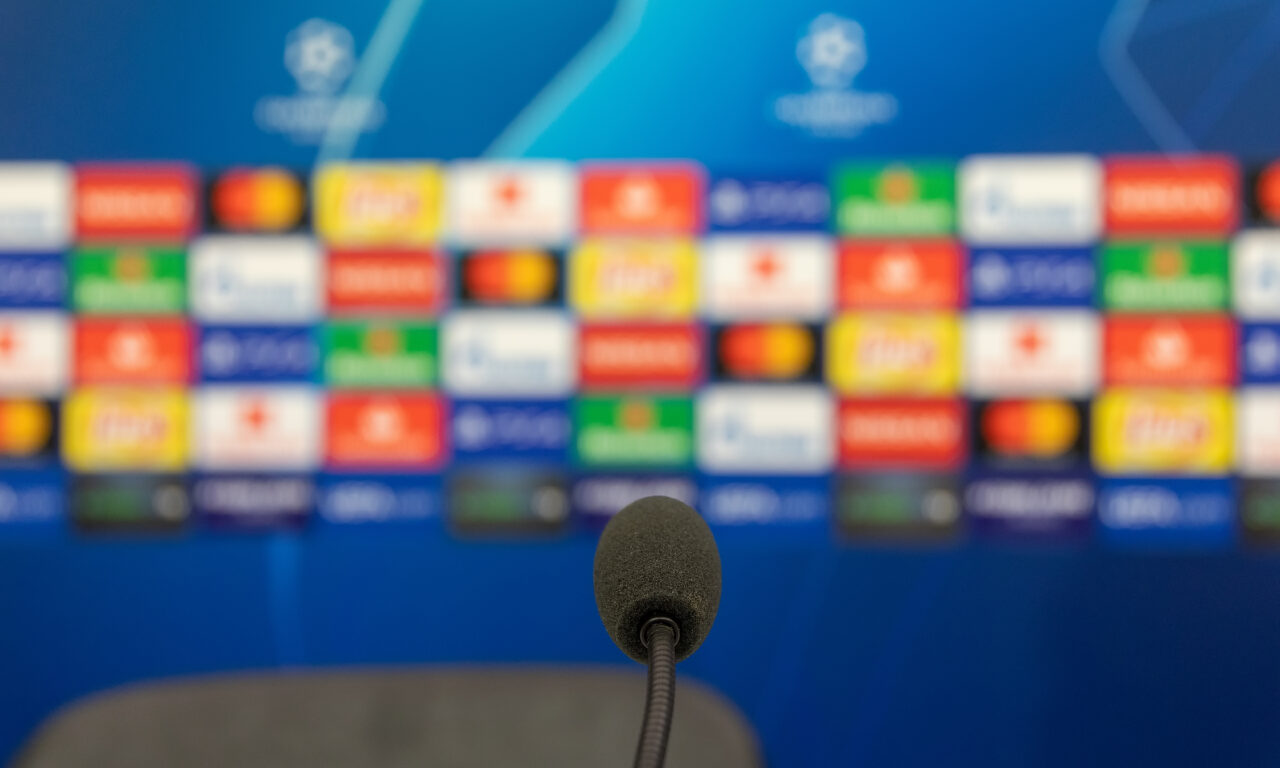Little fish, big pond: the dangers of overestimating your sponsorship capabilities

When assessing entering a new sponsorship category, businesses face a critical decision: Should they swim with the giants and be a small partner of a renowned event, or dive into uncharted waters as the main sponsor of a smaller team? The choice is far from simple, it requires a thoughtful evaluation of the pros and cons associated with each approach as well as your organisation's sponsorship capabilities. This article aims to navigate the sponsorship landscape, uncovering the opportunities and challenges of being a big fish in a small pond or a little fish in a big pond to help you choose the right approach for your business.
Picture this: Your brand's logo shining alongside the giants of the game—a dream for many sponsors. Opting to be a small sponsorship partner of a big team holds undeniable benefits. By harnessing the power of their strong brand name, your own marketing efforts gain instant credibility. You become part of an elite club, elevating your perceived stature among your existing audience and forging a deeper connection with them.





